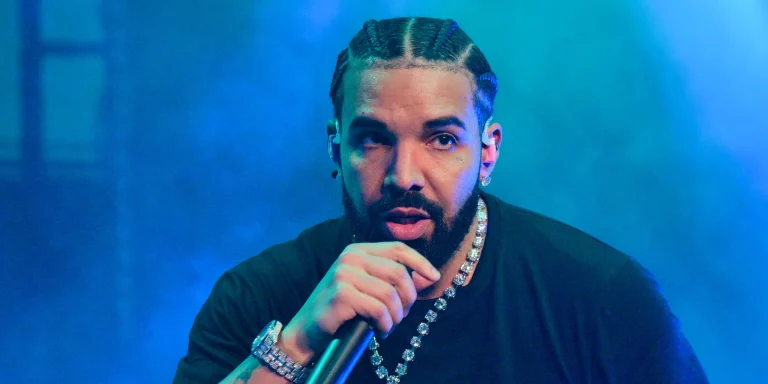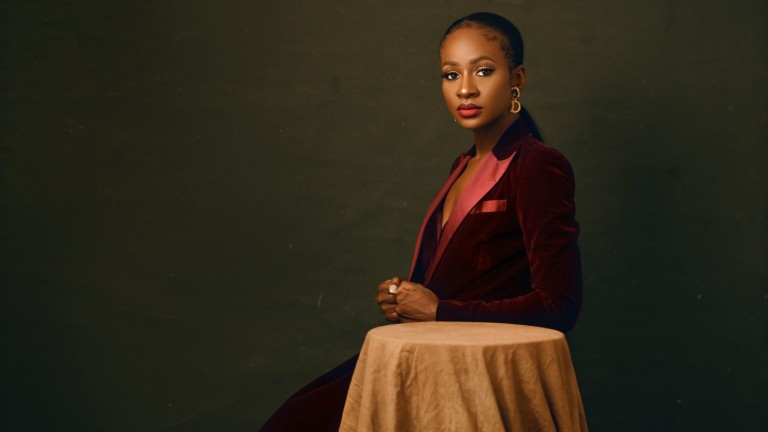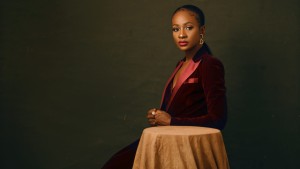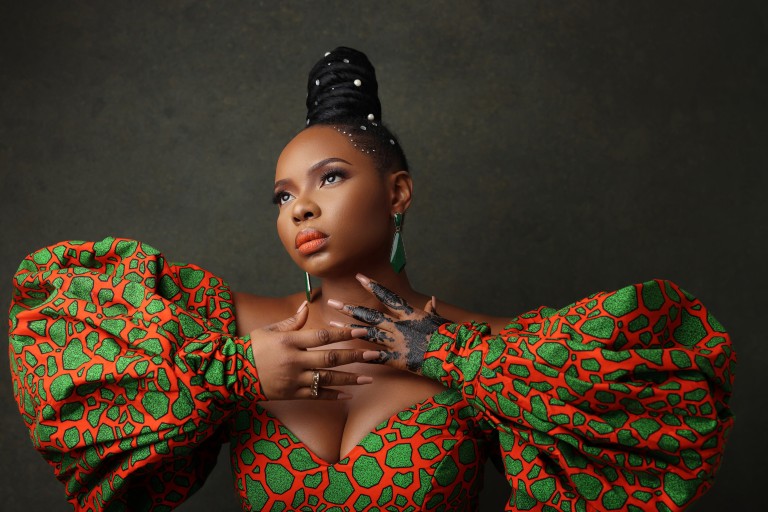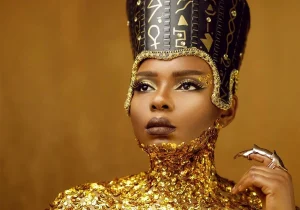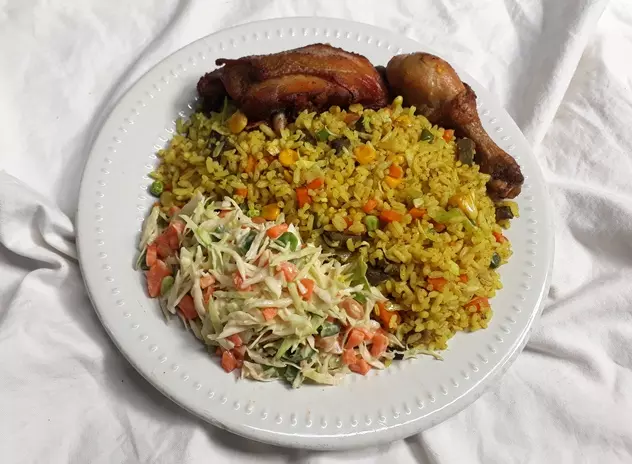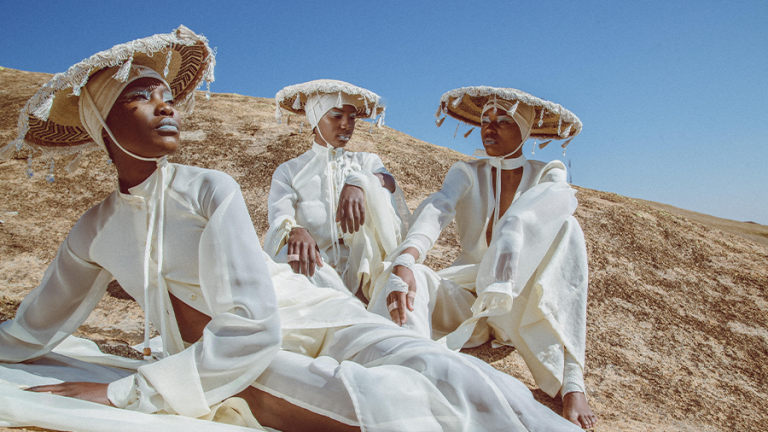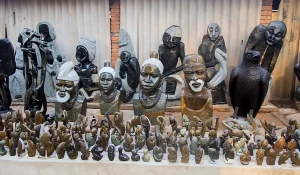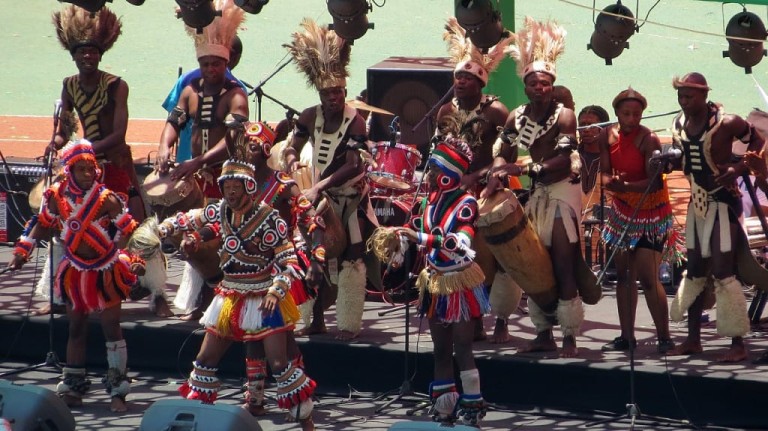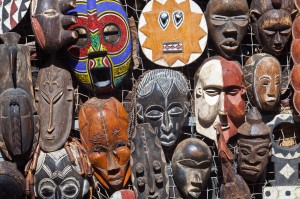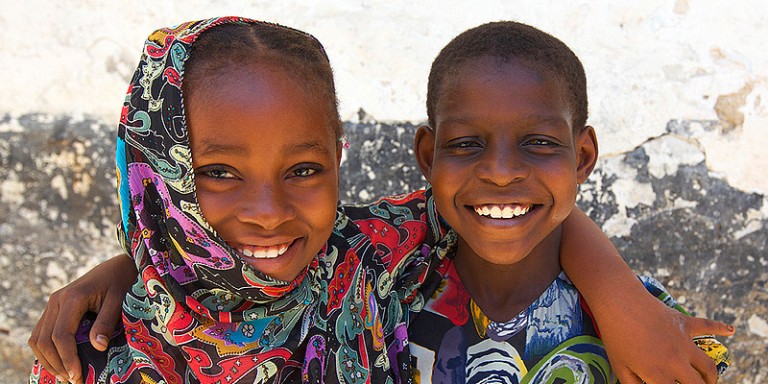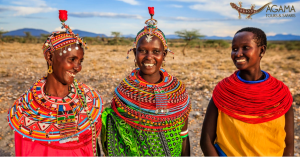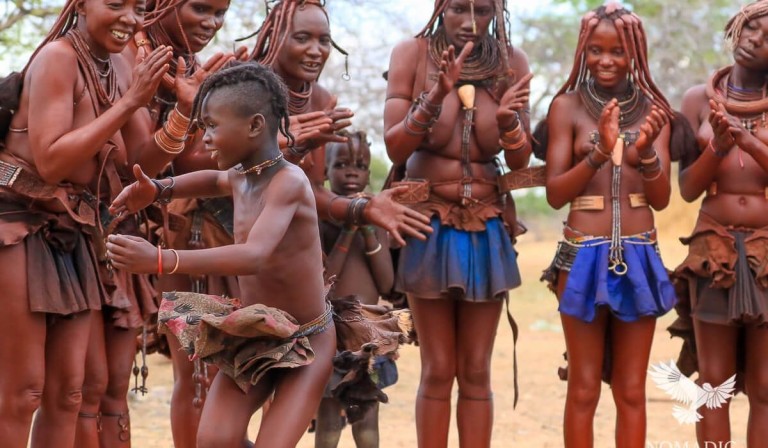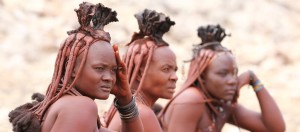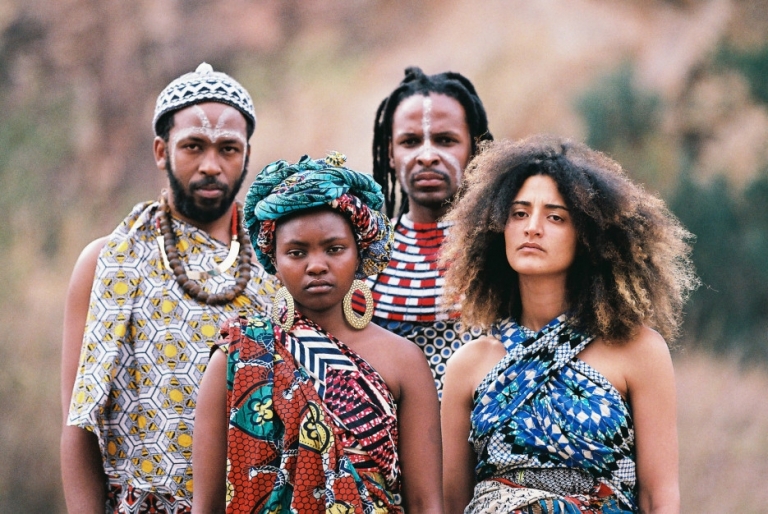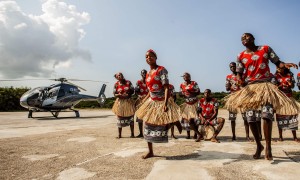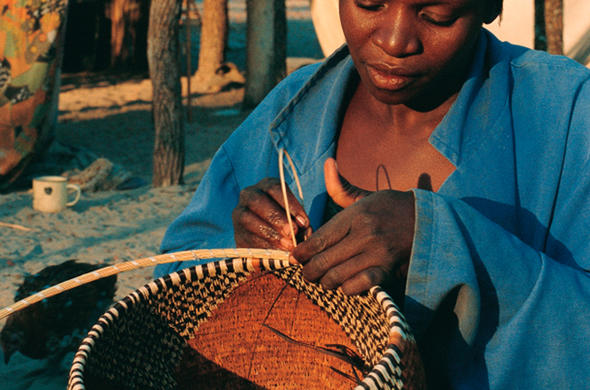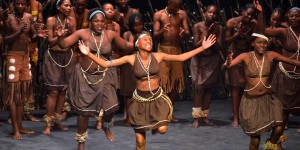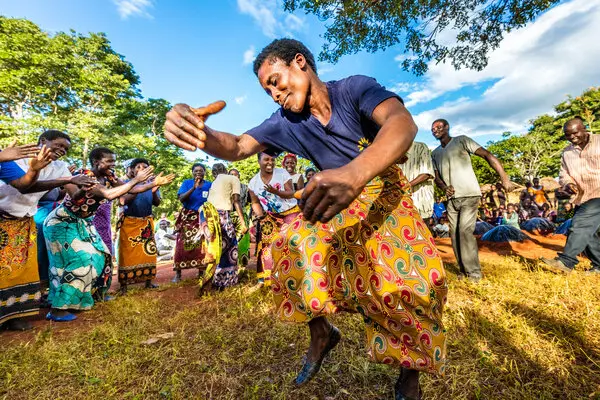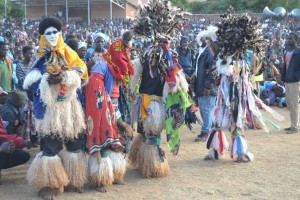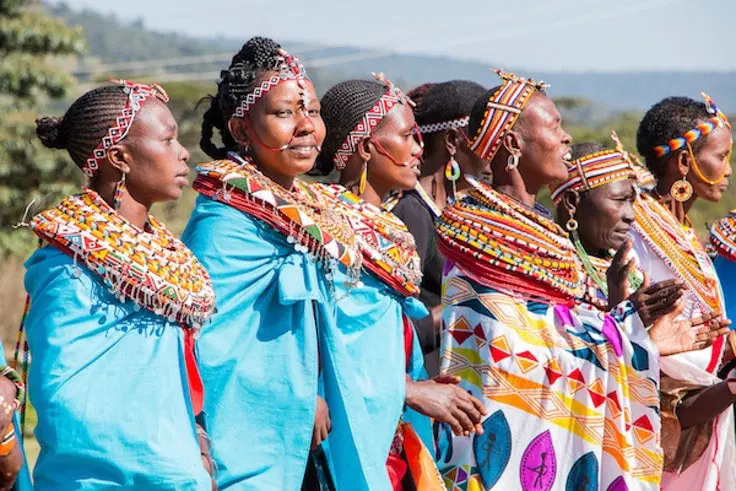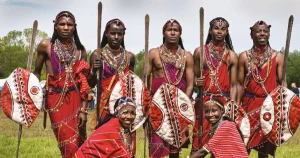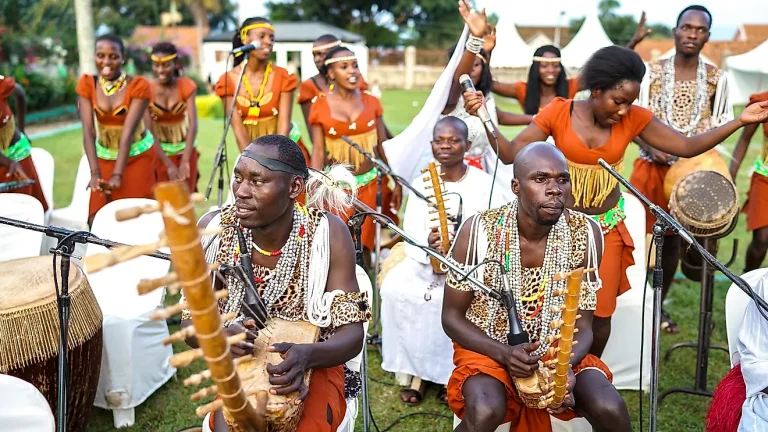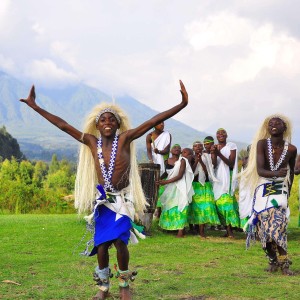4 mn read
If you are looking for an exotic ethnic food, you cannot afford not to try these 10 Nigerian foods. If your adventure or business takes you to Nigeria, you must have a bite before you board a plane out the country. Nigeria’s multi-ethnicity brings out fabulously delicious delicacies that are favorites at events both in the country and in every Nigerian community around the globe.
1. Jollof Rice
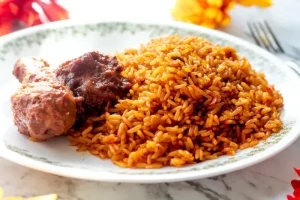
Jollof rice is by far the most popular Nigerian food served in every ethnic group in the country. This dish began in Nigeria but has since made its way to other West African countries, especially Ghana. The delicacy is simply white rice prepared with tomato, onion, pepper, and some other spices. It is occasionally cooked or served with vegetables, chicken or beef and fried fish.
2. Pounded Yam
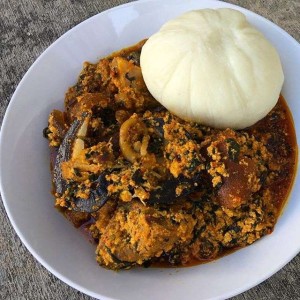
Pounded yam (iyan) is a mashed potato-like soft food otherwise labeled as “swallow” or “fufu” at restaurants outside Nigeria. Iyan is made from boiled yam pounded in a mortar until a soft mash is formed. It is served in Nigerian homes and restaurants all over the world. You can enjoy pounded yam with a variety of soups such as Ogbono, Egusi, Vegetable (Edikaikong), Afang, Ewedu, Okro, etc.
3. Egusi Soup
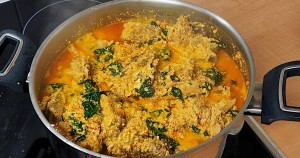
Egusi soup is available at any Nigerian restaurant or at any Nigerian events and celebrations. The Egusi soup is prepared from processed melon seed with variety of green vegetables using ingredients like stockfish, red oil, meat, seafood, onions, and other condiments. The soup is served with swallows like pounded yam (iyan), gari, or amala.
4. Suya
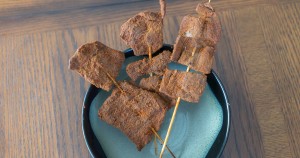
Suya is spiced thinly sliced beef that is usually grilled over an open flame. This delicious snacky meat is served with fresh cabbage, tomatoes, and onions. This spicy delicacy has been a specialty of the Northern Nigeria ethnic group for a long time. A special spicy mix called Yaji is often added to the meat before grilling.
5. Akara

Akara is another popular snacky Nigeria food. It is also called Kosai in the Northern parts of the country. Akara is also known as bean cake – deep-fried in either palm or vegetable oil. Akara tastes best with black-eye beans. The beans are first soaked in water to allow easy removal of beans skins and then blended and mixed with ingredients such as onions, red bell peppers, crayfish and other spices before being deep-fried in small balls. Akara can be served with bread, yam, plantains but best with Akamu (a.k.a. Pap or Ogi – fermented cereal pudding typically made from maize).
6. Moi Moi
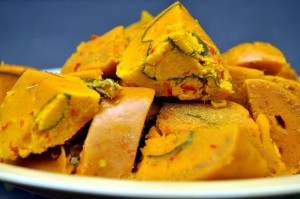
Moi Moi is another snack-type food that is popular in Nigerian homes and parties. Like Akara, Moi Moi made from blended beans, wrapped in foils or in small containers, small chunks, and boiled instead of deep-fry. Moi Moi can be decked with fish, egg or crayfish but the basic ingredients are oil, tomatoes, pepper, salt and some spices. You can eat Moi Moi alone or with soaked gari, pap or custard or whichever way you prefer.
7. Pepper soup

Pepper Soup is a popular soup in Nigeria. It’s served at every Nigerian event and celebrations and it’s a common delicacy eaten in almost every part of the country. It usually contains an assortment of beef, chicken, mushroom, or fresh fish. The soup is healthy because of the natural spices it contains. Some pepper soups are so spicy and aromatic that they leave an unforgettable taste on your taste bud and will keep you asking for more.
8. Nkwobi
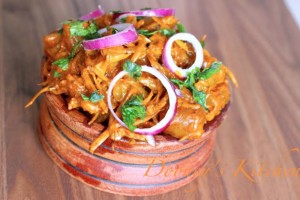
This delicacy is common among the Igbos of Eastern Nigeria. Nkwobi is prepared from cow legs and head, and is typically a traditional dessert, well garnished with Utazi leaves and palm oil. Its savory piquant gravy will leave an indelible taste. It is frequently eaten with a glass of palm wine, which is said to be the best drink to flush it down the belly.
9. Ogbono Soup
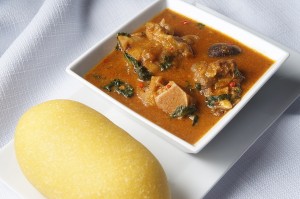
Ogbono Soup is an important soup in Nigeria and beyond. It is prepared from the bush mango seed—a wild variant of mango, with a combination of red palm oil, onions, stock, seasoning cubes, leafy vegetables such as spinach, pumpkin leaves, or bitter leaf, and assorted meat and fish such as beef, tripe, shrimp, and crayfish.
The ingredients are simmered in an uncovered pot until fully tender, and the “draw soup” has a slimy texture making it best served with swallows like iyan (pounded yam) and amala. Ogbono has many versions, so it can also be made without vegetables.
10. Abacha
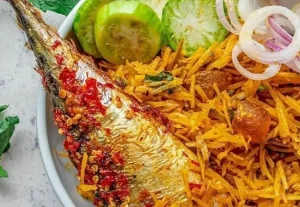
Abacha, the African salad, is a Nigerian food that is common among the Igbos in Eastern Nigeria. Abacha is prepared from grated dry cassava tuber. The grated cassava flakes are then used to prepare Abacha. The dish is mostly served with fried fish and cow skin (kpomo or ponmo) and then eaten as a dessert.


